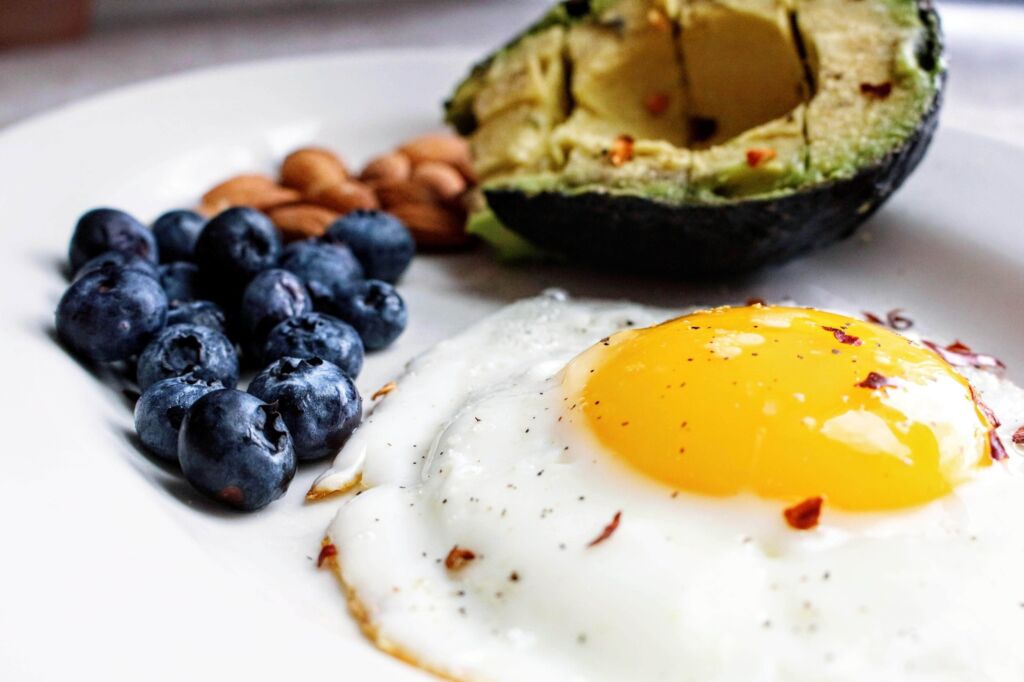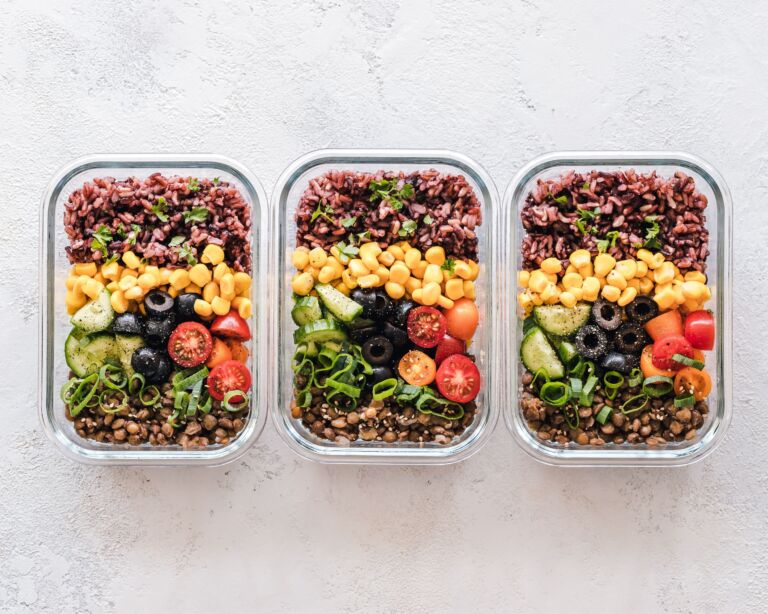7 Things To Know Before You Start A Keto Diet If You Are Diabetic

So you are Diabetic, eating well and exercising regularly, but not seeing the dramatic results desired? Or are you still experiencing blood sugar levels that seem to be all over the place no matter how hard you try?
Or are you planning to experiment with the Keto Diabetics Diet? Keto Diet for Diabetes is a less-known but focused diet plan for Type 2 Diabetes patients that has been yielding amazing results for Diabetics all over the world.
Let’s dive in and check out 7 important things to know before you start a Keto Diet if you are Diabetic.
1. Be Determined as it can be Tough
After a few days on Diabetic Keto Diet, many experience “Keto Flu,” which occurs when your body’s electrolyte levels drop. It can be difficult to get a good balance of sodium, magnesium, and potassium on the keto diet because the latter two are mostly found in carb-rich foods like beans, fruit, and potatoes. Keto flu causes symptoms such as brain fog, drowsiness, headaches, and nausea.
2. Plan Well Ahead of Time
The diabetic keto diet is great because you don’t have to count calories, points, or macros—all you need to track is your net carbs (or your total carbs minus fibre). However, if you want to avoid the unpleasant keto flu symptoms and keep your body running smoothly, you’ll need to include plenty of magnesium- and potassium-rich foods in your diet (like salmon, avocado and leafy greens). It’s also critical to ensure that you’re getting enough fibre, which can be difficult to do when you’re avoiding whole grains, potatoes, and fruit.

3. Diabetic Keto Diet Recommended by Dieticians
If you have a specific health condition (such as epilepsy or diabetes) your doctor might recommend a Keto diet which is fragmented into a Keto Diabetic diet by dietitian. If you’re committed to going on a keto diabetic diet, make sure you’re getting plenty of fibre from plant sources like leafy greens, chia seeds, nuts, and berries.
4. Suppress Your Cravings
Your cravings can be intense during a brief stint on the keto diet. You might crave for carb-rich foods that you usually enjoy, and also foods you don’t eat on a regular basis. Furthermore, restricting foods may increase your desire for them.
Alternatively you can try making low-carb versions of your favourite foods, but remember- zoodles will never be pasta, and cauliflower will never be bread!
5. Don’t Fret, Everyone’s Situation is Different
You might try Keto Diet together with your partner or a friend at the same time. But a Keto Diet might very well have very different results for each individual. Those with type 1 diabetes might experience improved blood sugar control and A1C levels. Some might enjoy their meat-and-fat-rich diet, whereas some others have to brush teeth several times a day just to get the taste of fat out of their mouth! Some might feel bloated and icky, whereas some others might feel energised and lose a few pounds in a couple of weeks.
Some people might have food-related emotions that they are not prepared for. They struggle at eating rich and fatty foods like cheese, butter, cream cheese, and red meat—it might feel “unnatural” and like it “shouldn’t ” be part of your weight-loss plan. Most people focus on diets that emphasise foods like produce, lean meats, and whole grains while limiting foods like red meat and butter.

6. Be Wary of Side Effects
As previously stated, some of us can’t get rid of the sensation that our mouth is coated in fat. Some people who are on the keto diet also complain about “keto breath.” It’s only a temporary condition, but it can cause a metallic taste in your mouth or breath that smells like acetone. It occurs when ketones are released from your body and is a sign that you are in ketosis. But, aside from the keto flu, one of the most common side effects is stomach upset.
Significant constipation, bloating, or diarrhoea can result from drastically reducing your carbohydrate intake, not getting enough fibre, and/or increasing your fat intake. Drink plenty of water and eat plenty of fibre-rich foods to keep things moving smoothly.
7. You might Regain the Weight
Now unknown to some, you will most likely lose weight on the Diabetic Keto Diet meal plan, but the weight will quickly return if you resume carbohydrate consumption. One reason that low-carb or keto dieters lose weight so quickly is that they lose a lot of water weight. When you resume carbohydrate consumption, those water weight pounds may reappear. Because keto is so restrictive, people who are diabetic should approach it with extra care to make it realistic.
A well planned Diabetic Keto diet has been proven to improve blood sugar levels, lead to consistent weight loss and improve overall physical and mental health in diabetics. But you will have to keep in mind the above mentioned areas of concern before venturing into one. Once your understanding is clear, then you are more likely to stick on to the plan aiming for long term benefits.
Simply click below to claim your FREE Keto Diabetic Meal Plan from us at KetoDiabetics.com
